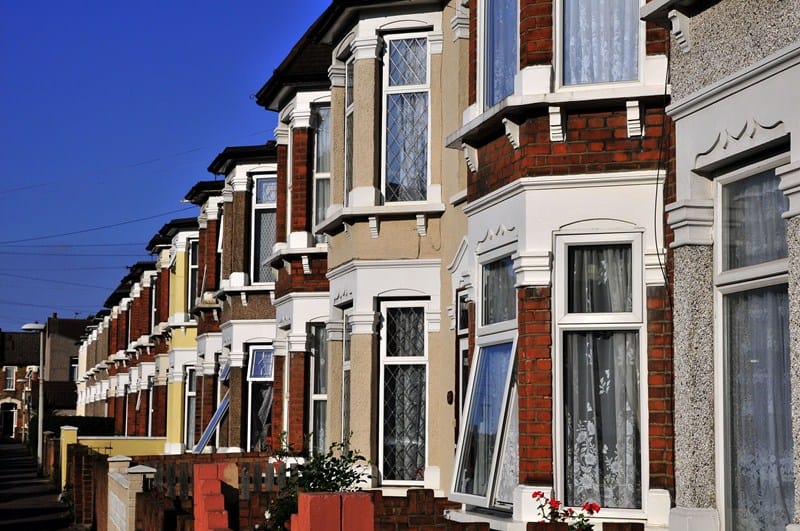Where a freeholder (or landlord) of a property grants a new lease to a new tenant there are sometimes upfront payments due, usually known as a lease premium. The payments of these premiums are increasingly popular, and the tax implications can be complicated depending on the length of the lease.
For leases of 50 years or less a proportion of the premium is taxed as income. The proportion to be charged as income depends on the length of the lease. The shorter the lease, the greater the proportion to be charged. For leases of more than 50 years, the premium is treated as a capital sum and represents a capital gain by the freeholder. In this case none of the premium is treated as income. Certain other sums paid are treated like premiums. In some circumstances the tenant may be able to claim relief on the ‘income’ element of the premium paid.
A landlord may also be entitled to relief against their own rental business income for premiums paid to obtain a property that is now let, or where a lease was acquired for which an earlier tenant had paid a premium.







